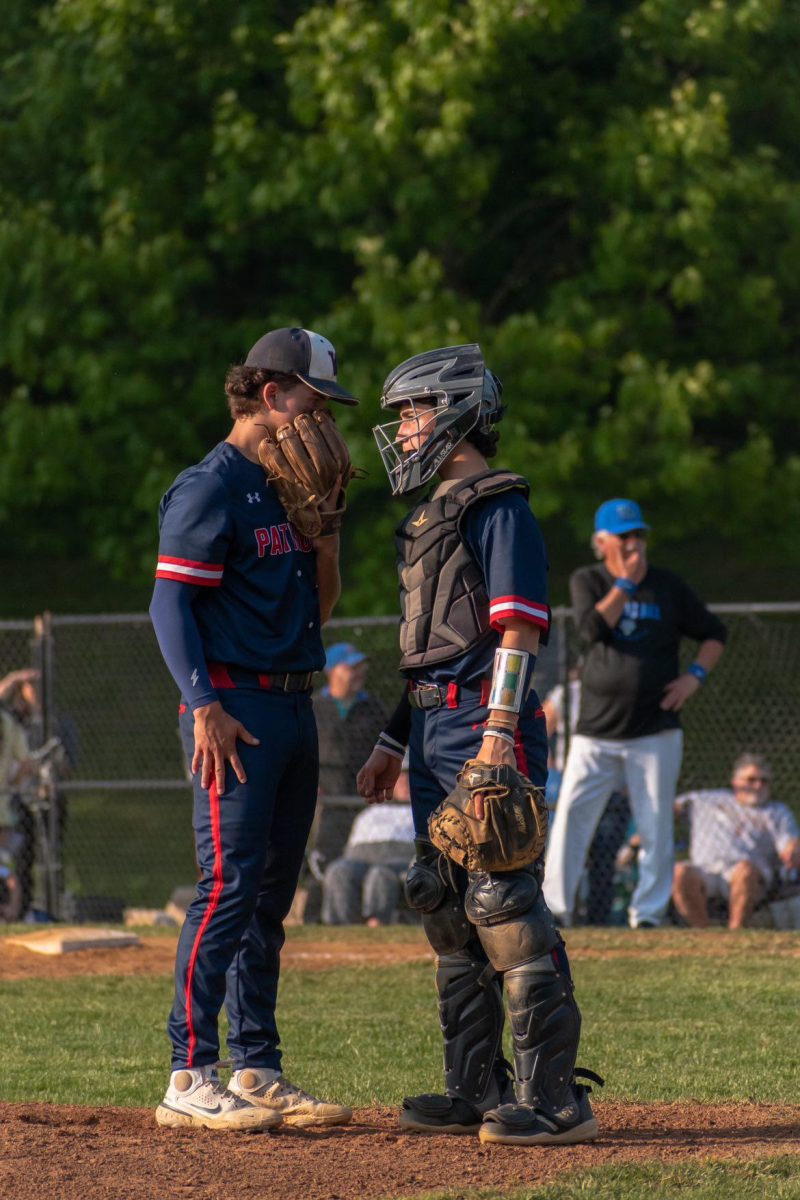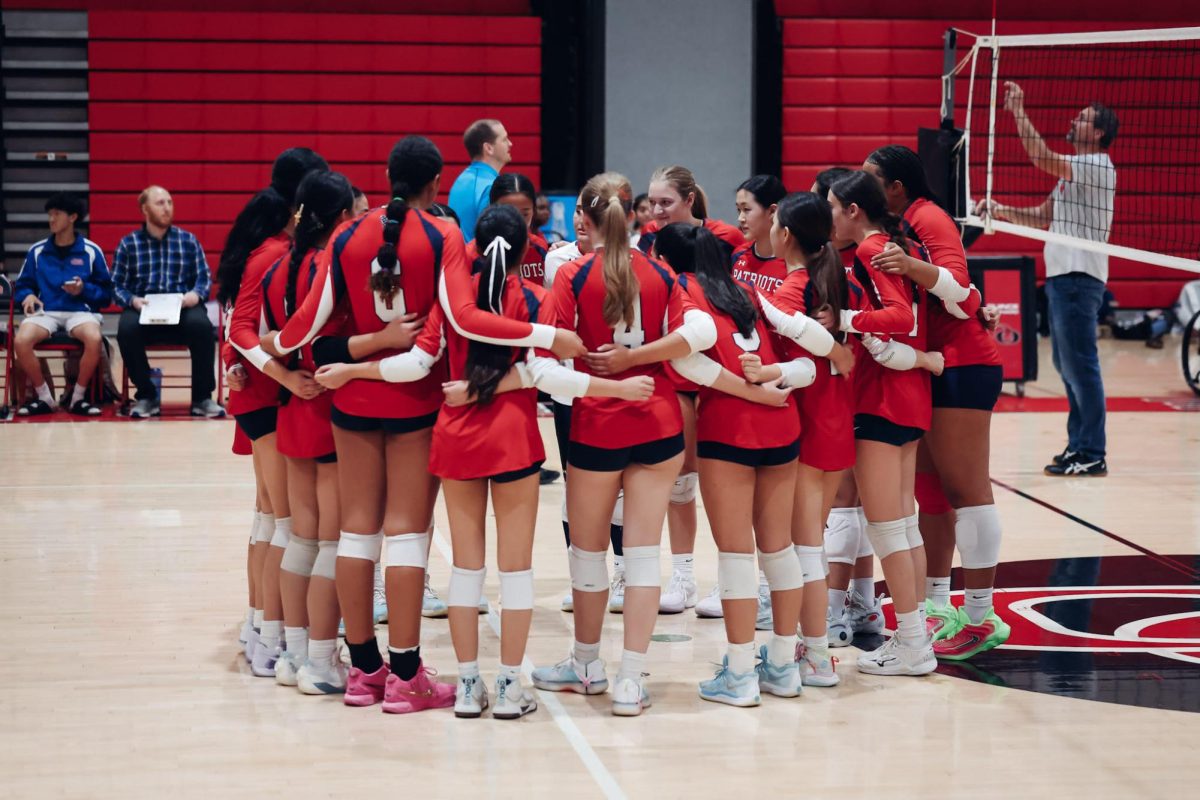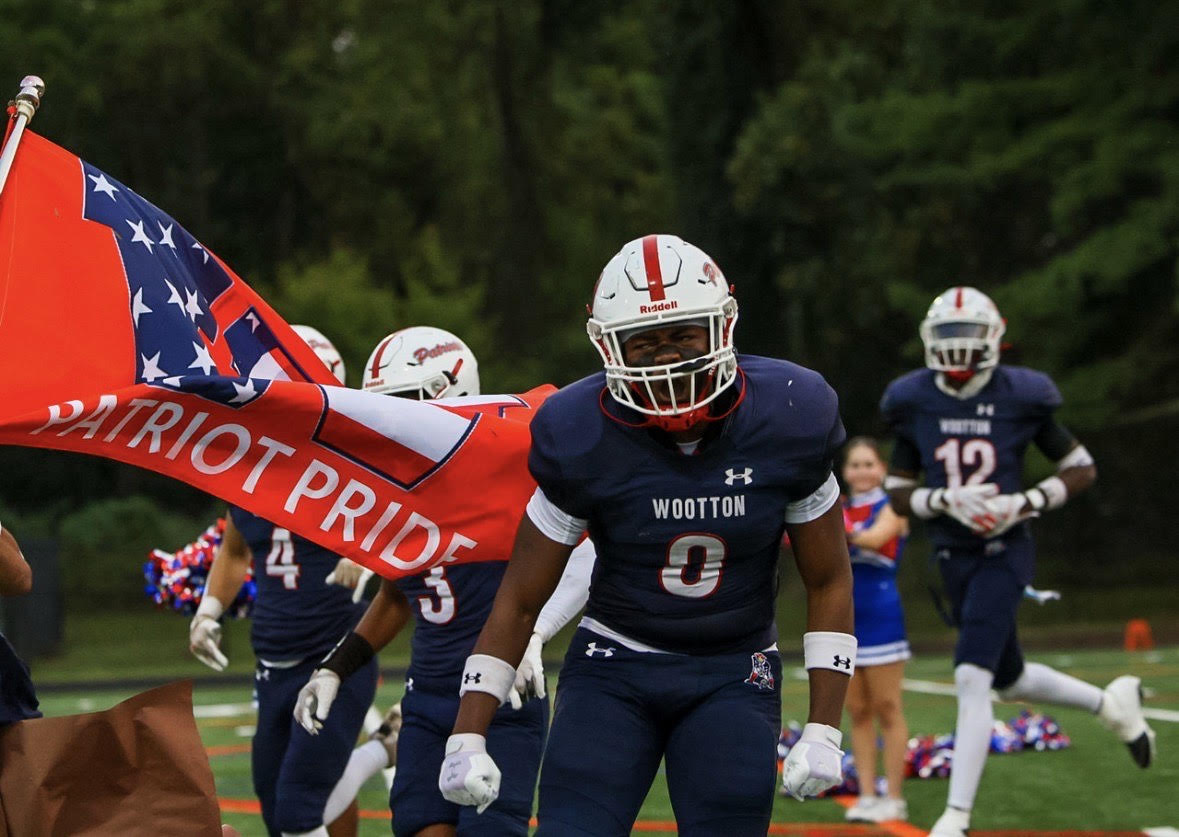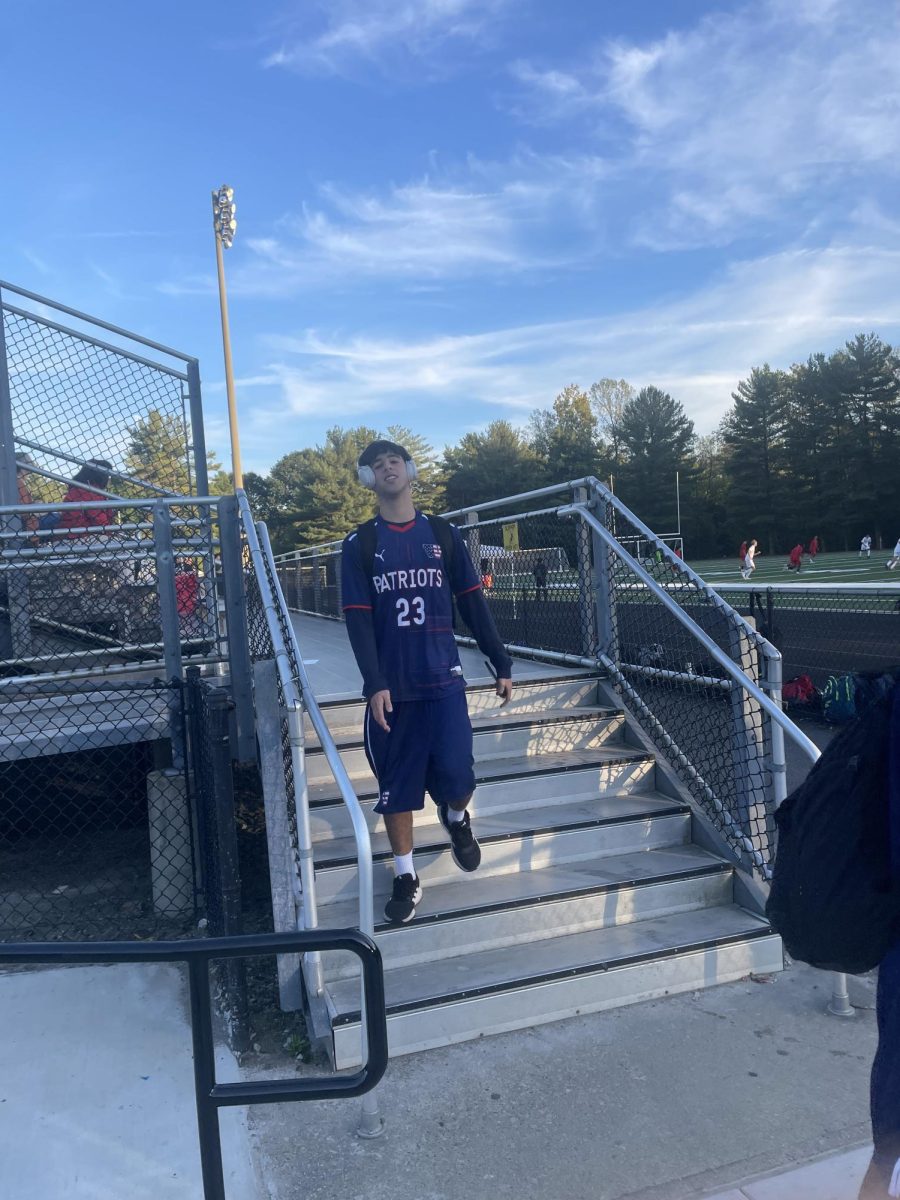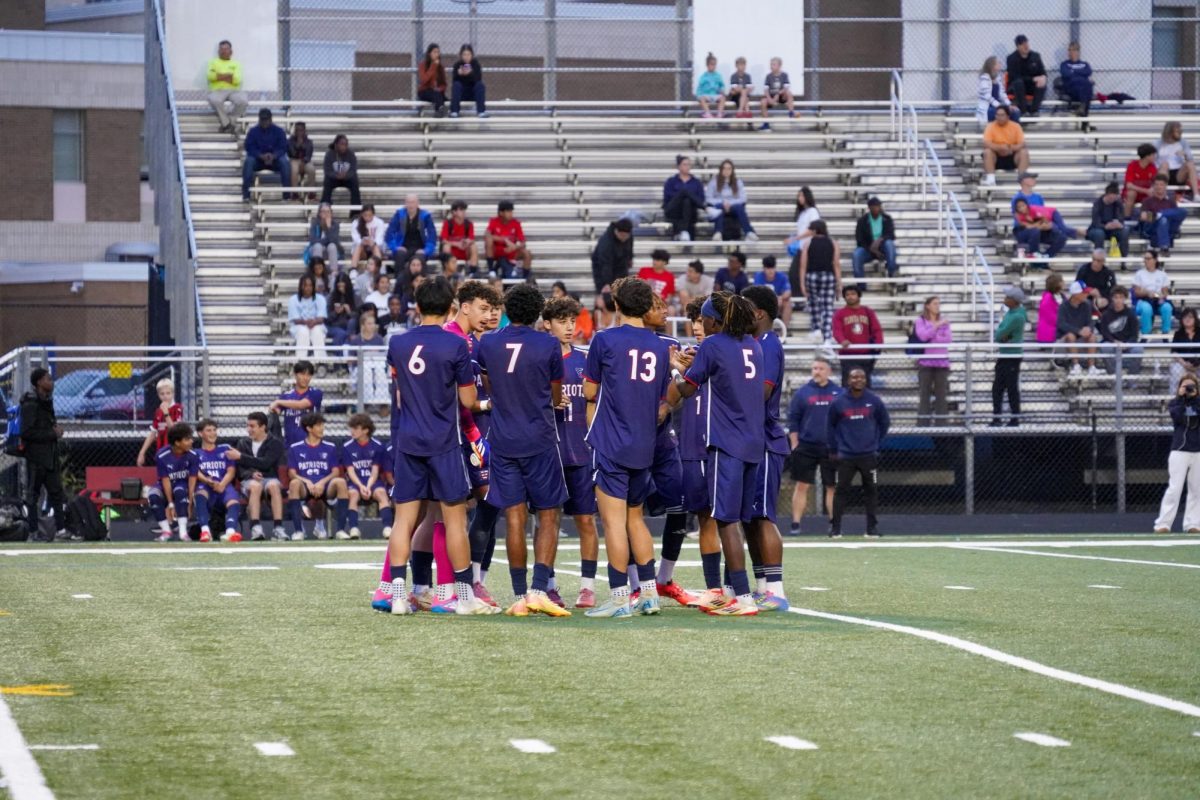Imagine you are a senior excited to try out for the soccer team. You reluctantly quit soccer in sixth grade to focus on your main sport, but your friend convinced you to play just one last season. You walk over to see the list of people who made the team, nervous and not confident, but your friend tells you not to worry since the coach doesn’t cut seniors. Scanning your eyes over the list, you can’t seem to find your name, but what you see instead surprises you. A freshman who tried out for the same position made it over you. Stunned, you can’t seem to understand why the coach wouldn’t put you on the team. Aren’t seniors always supposed to make it?
People may believe that seniors should have a spot on any varsity team they try out for, even if there are younger players who are better fit for the team. Whether you are the best or worst player at tryouts, being a senior is thought to unquestionably guarantee you a spot on the team. Seniors are in their last year of high school and have limited opportunities to experience a high school sports team, which is why coaches may feel they shouldn’t cut them. Furthermore, freshmen have more years ahead of them to be on varsity, while a senior’s time is limited. “Seniors shouldn’t get cut over a freshman since the freshmen could always get called up at any time during the season,” sophomore varsity soccer player Shreyas Ganeshan said.
However, there are those who think that skill matters more than grade level. Head varsity baseball coach Jon David Marchand, who played baseball in high school and college, has been coaching at this school for 24 years, earning him plenty of experience and knowledge of the sport and coaching as well. From someone who has been coaching for such a long time, when it comes to deciding whether or not to cut a player, Marchand believes that “if they cannot contribute in a positive way, even if they are seniors, they would not be on the team,” Marchand said.
People also argue that if there is a freshman better than a senior trying out for the same spot, the player who is better should get the spot on the team. These are coaches who believe that the best player should make their team regardless of their age. After all, the goal of sports is to win as many games as you can, so it makes the most sense to put only the best players on the team. Having a strong team going into the season is easier to build off of than having to strengthen a weaker team. With sports becoming more competitive, it’s important to start off with a solid foundation to improve as the season progresses. Students may feel that no matter your age, “If your skill level isn’t to the standard of the team, yes you should get cut,” sophomore varsity baseball player Kai Schmelzer said.
Another controversial topic is whether freshmen should start over seniors. It is not uncommon to see coaches put seniors on a team just to not play them at all the whole season. People then wonder why those coaches put them on the team in the first place. A player like Schmelzer, who was a freshman on varsity, would agree that getting to start as a freshman is exhilarating. On the other hand, the seniors on the team who don’t start are disappointed, being the oldest on the team. It’s unfair to those seniors to have to spend so much of their time and energy going to every practice to not end up playing in games. However, it’s rare to see a team’s starting lineup be only seniors because in order to win the most games, “the best player should deserve the most playing time,” Schmelzer said.
In ideal cases, coaches strive to make their players comfortable and confident on the team. Marchand said that he discusses playing time with his players throughout the season. He aims to make all of his players know if they will start and how much playing time they are going to get. When deciding how much playing time each of his players will start off with, “grade is not a factor, but to start the season I always give seniors the benefit of the doubt,” Marchand said.


